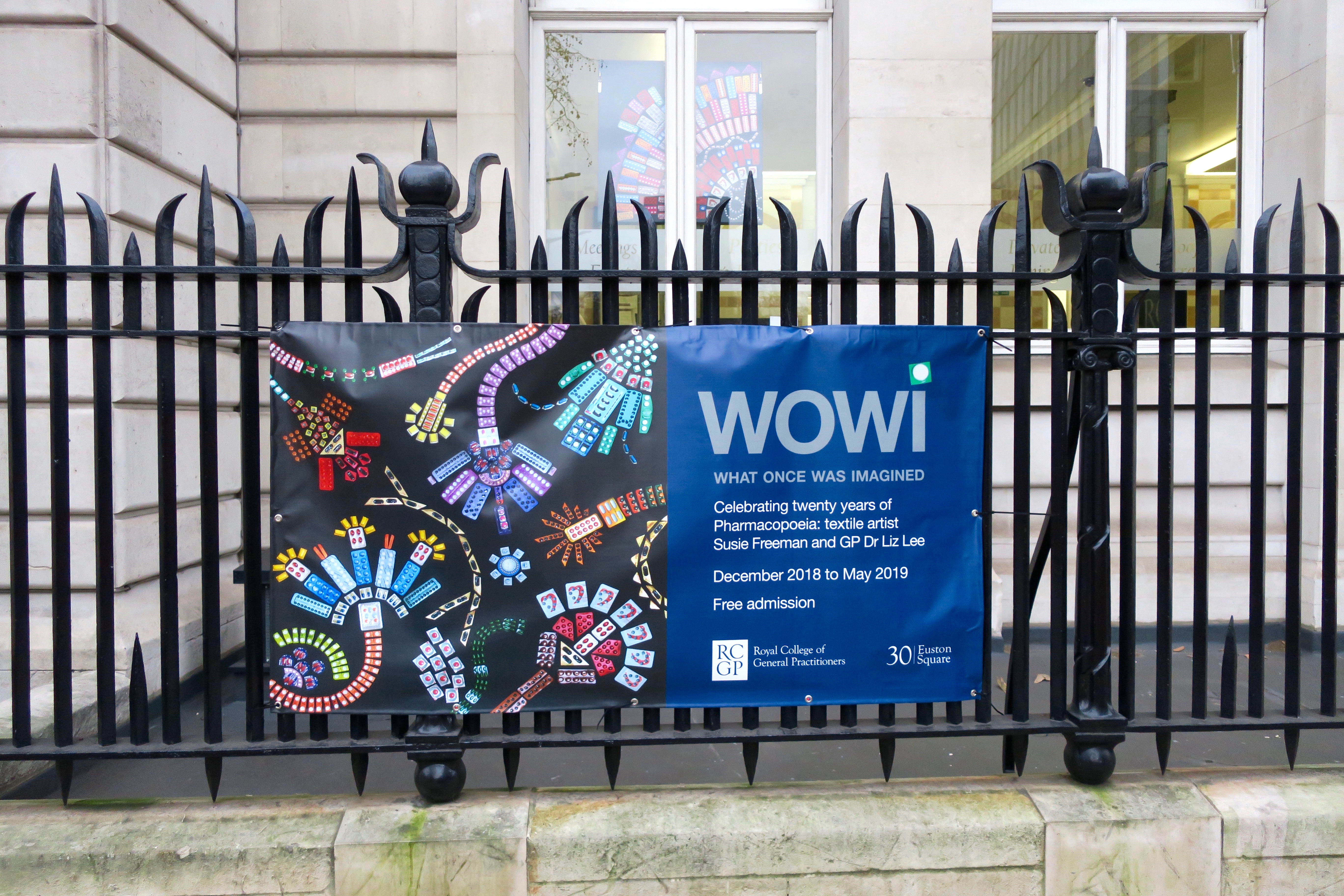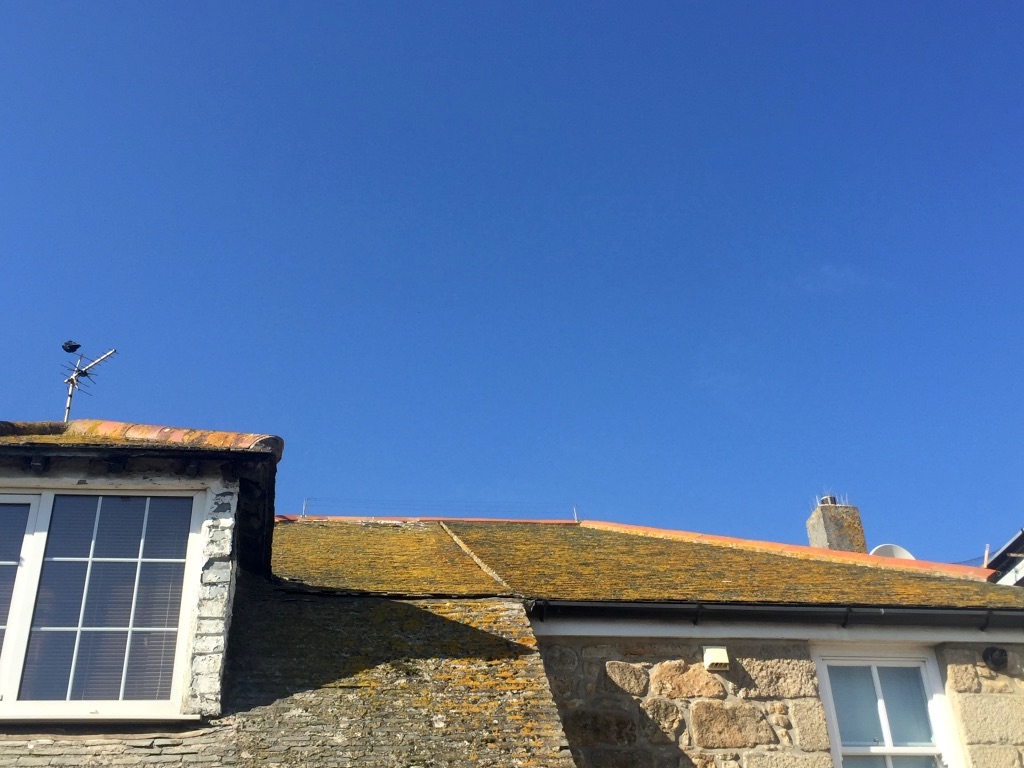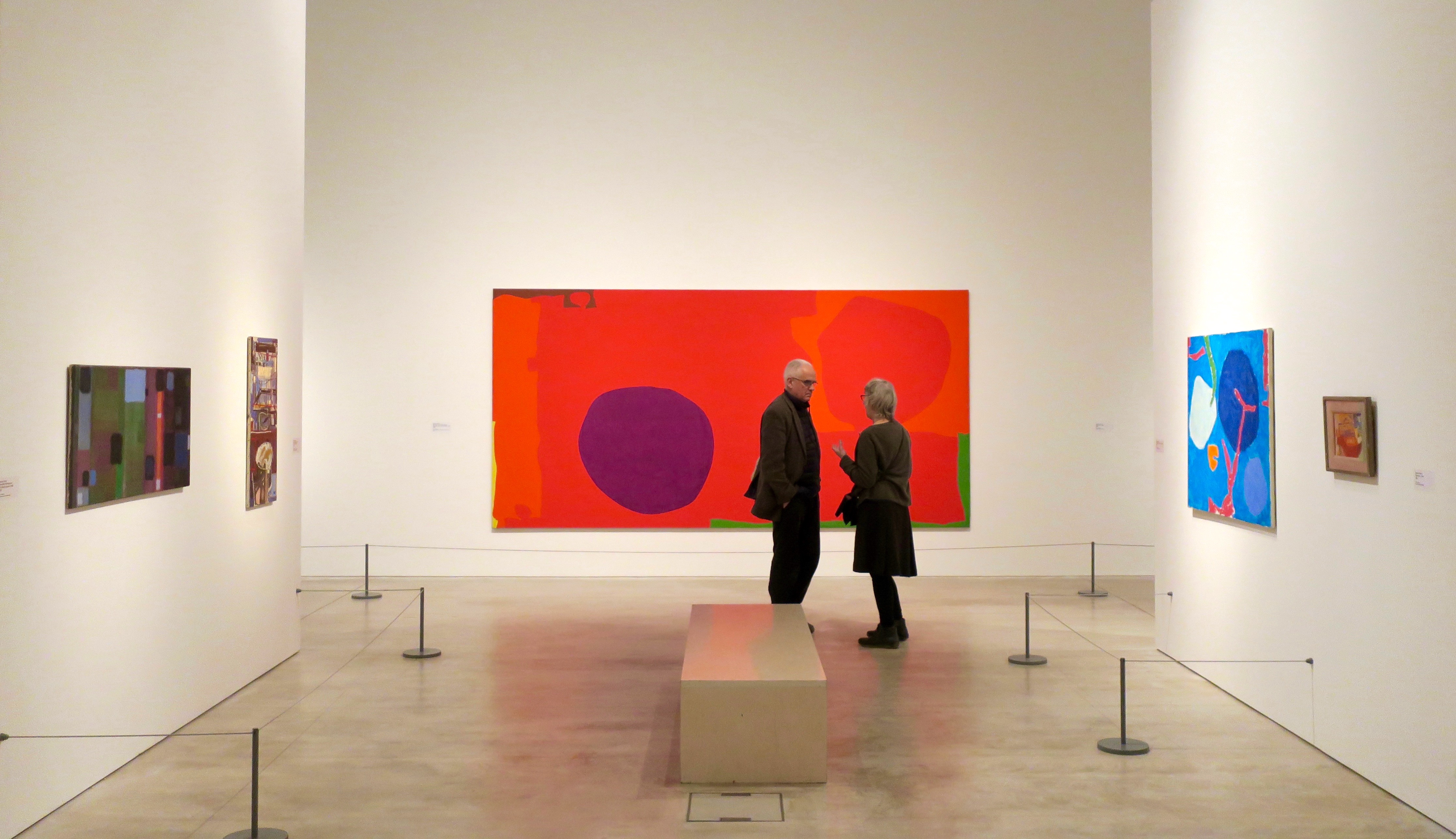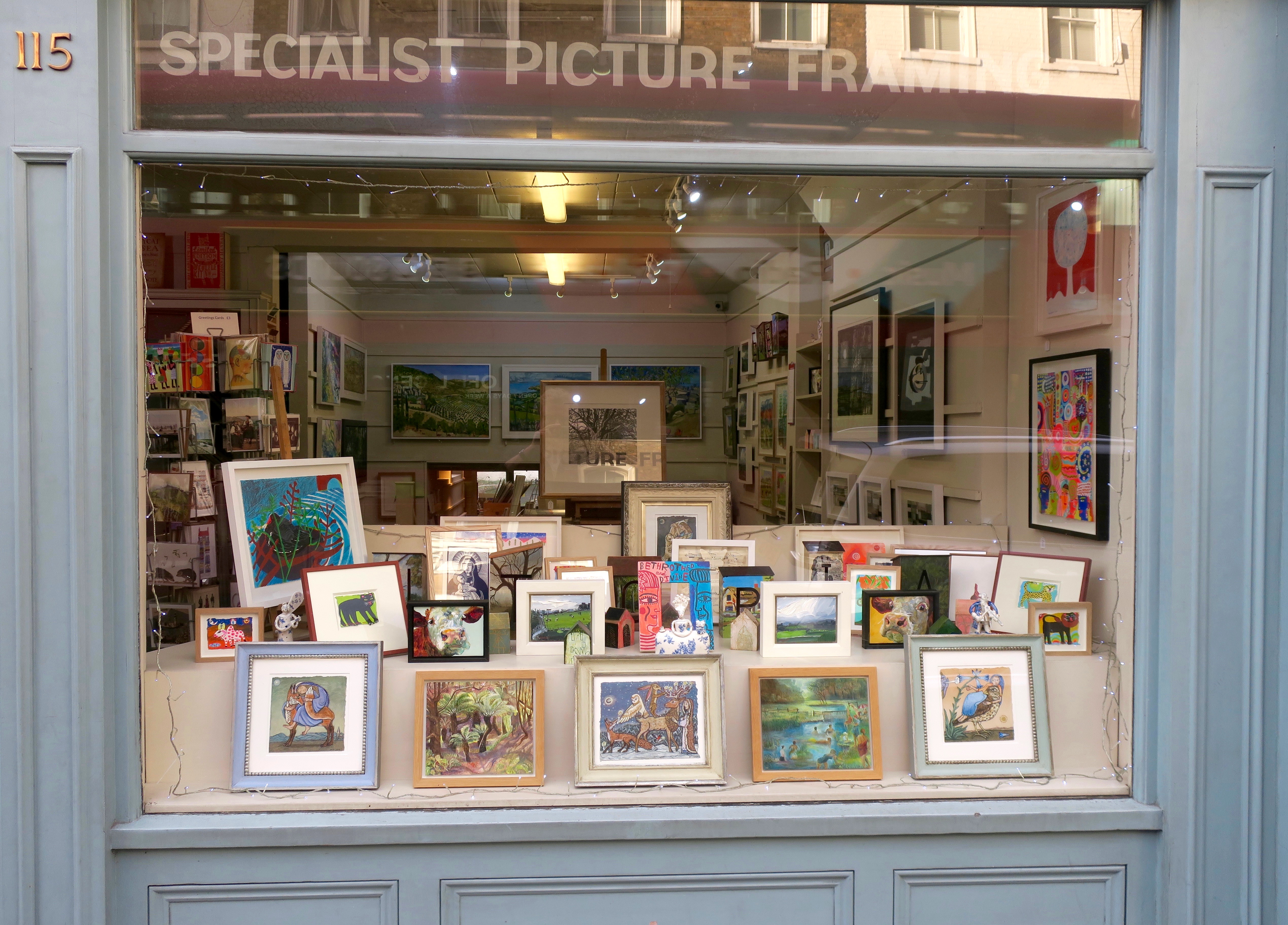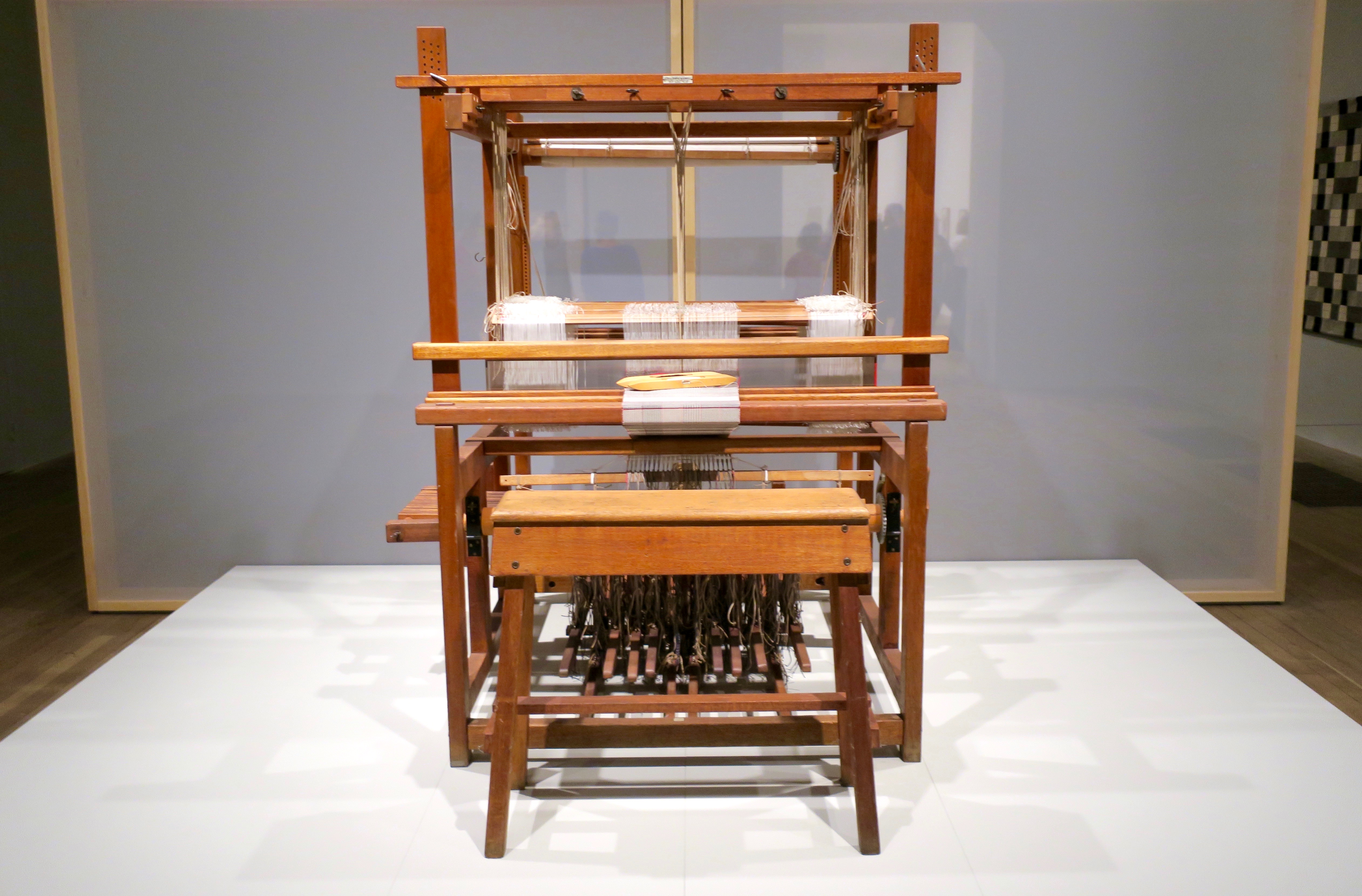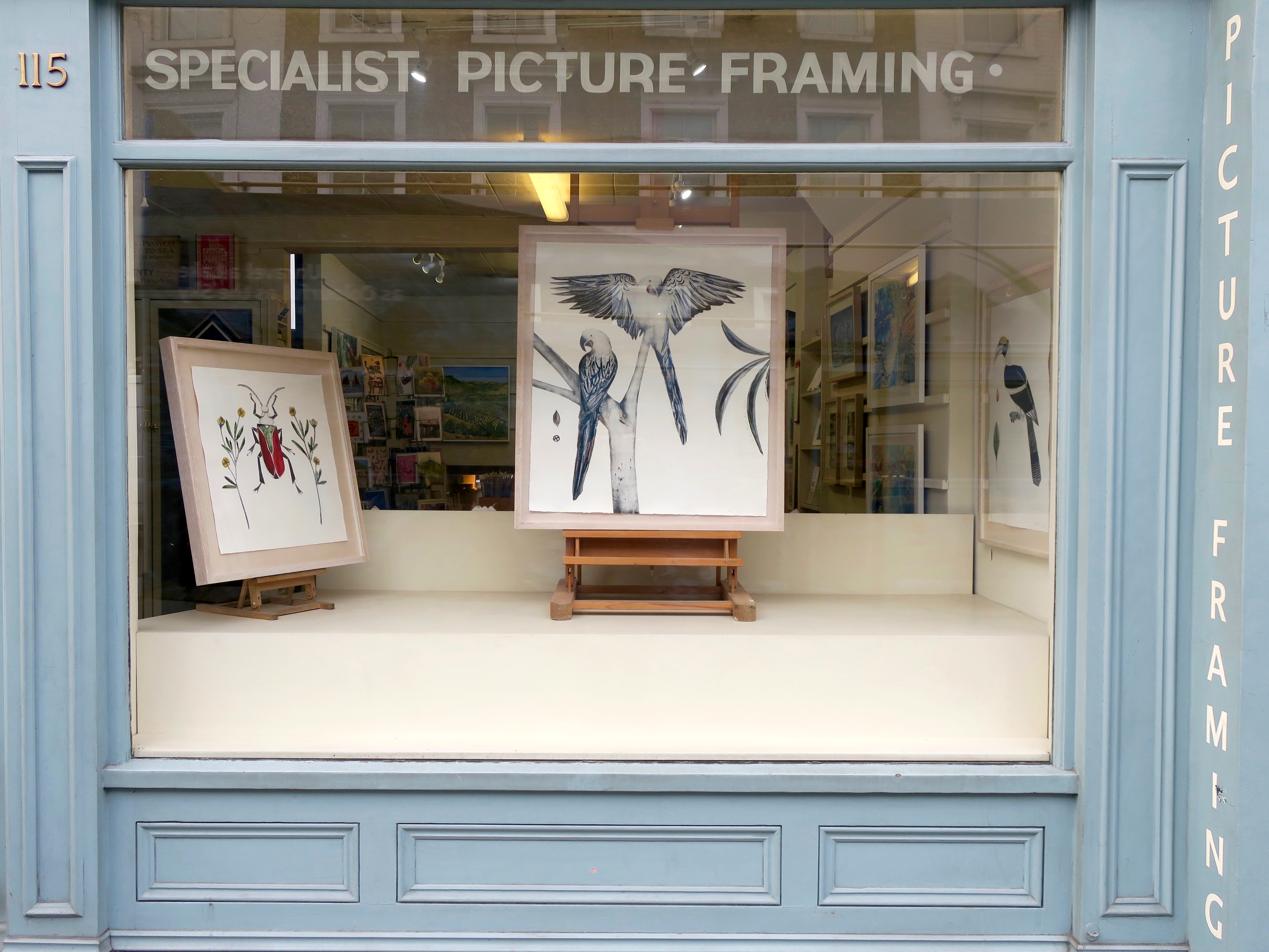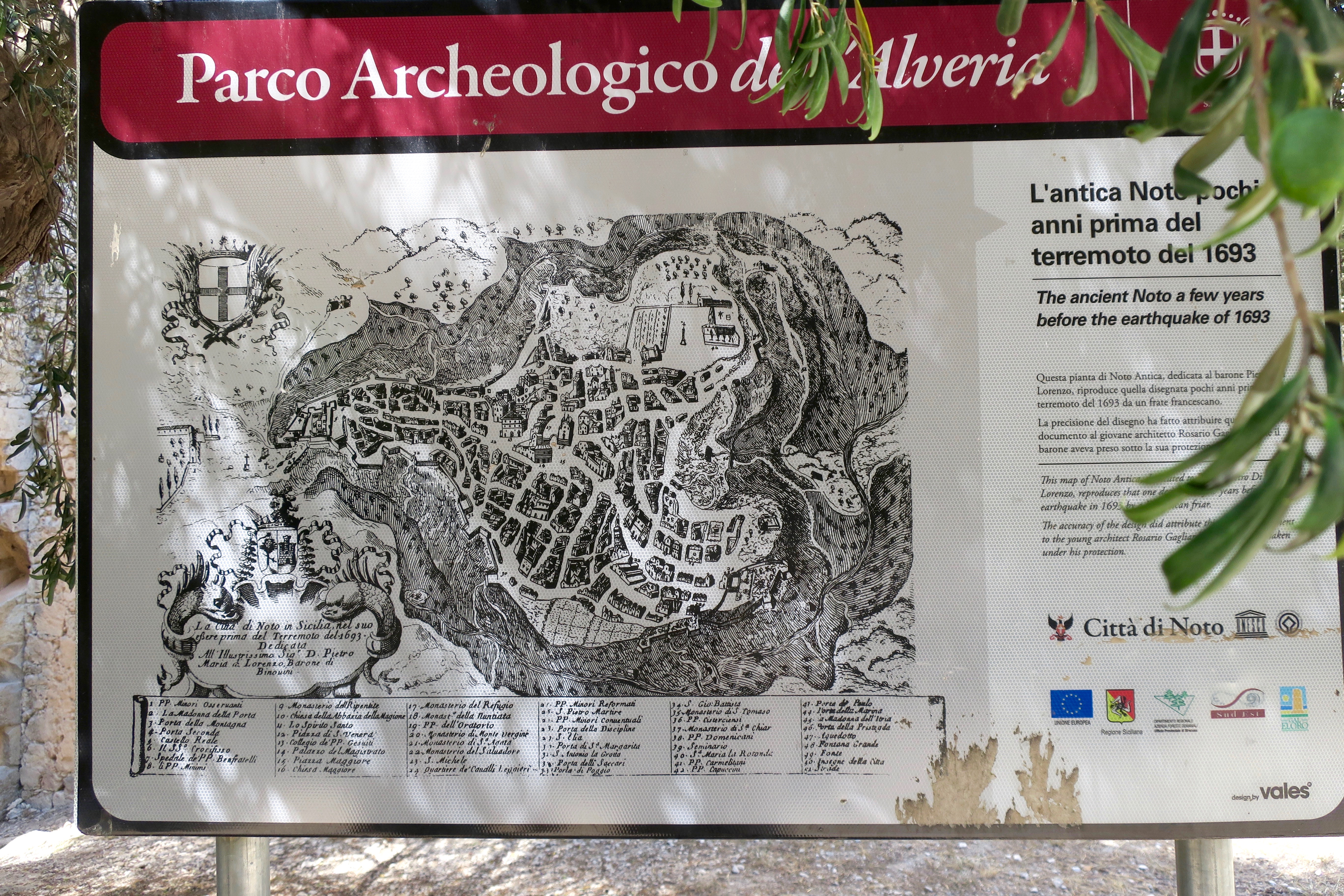This from Robert Macfarlane –
My teenage daughter Lily made this short video to try and explain to other young people — and to herself — why biodiversity loss, extinction & vanishing species really, really matter. It’s spoken from the heart. It’s about one of the vital issues of our times. Please share, show, discuss.
The video is free to use by anyone in any setting; no need to seek Lily’s permission or even to credit her. She just wants it to be seen, and for it to prompt discussion, awareness, action and change.
If you do want to acknowledge her, she’s Lily Macfarlane, and the video first went up on my Twitter feed (@RobGMacfarlane).
The video was made with the encouragement and support of Action For Conservation, an inspirational young conservation charity working with 12 to 17 year olds, for which Lily became a ‘youth ambassador’. Find out more about their amazing work at actionforconservation.org


